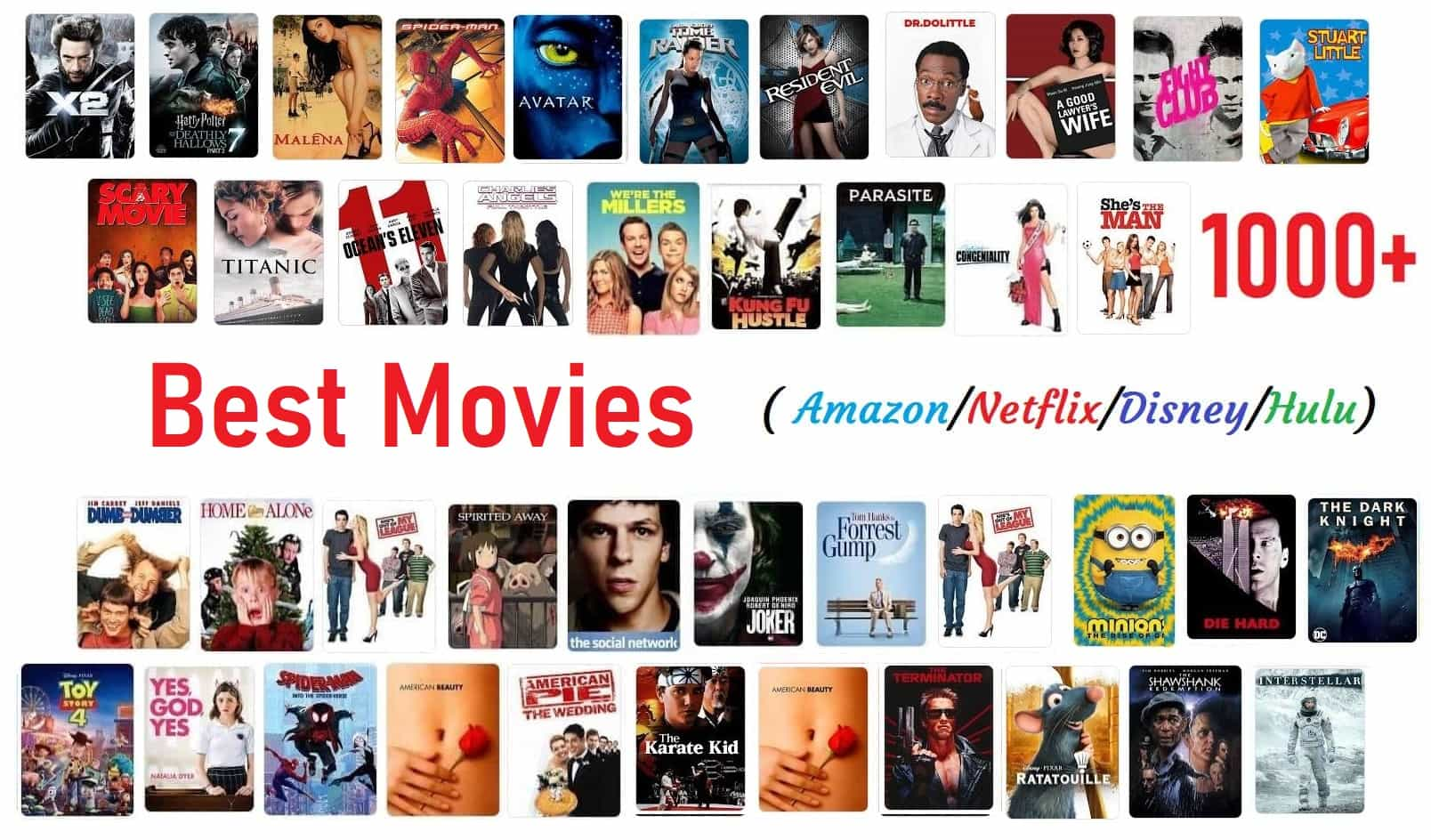
Movies offer much more than just entertainment. They can be cultural touchstones, spark intense debates, and reveal deeper meanings. In this article, we’ll delve into some intriguing film topics, from the fascism allegory in Barbie to the impact of CGI on modern storytelling. Let’s explore these cinematic discussions and uncover what makes them so fascinating.
The Fascism Allegory in Barbie
Is Barbie More than Just a Doll?
The recent Barbie film has been discussed for its deeper themes:
- Subtle Commentary: Some viewers argue that Barbie subtly critiques fascism by highlighting how a seemingly perfect society can be oppressive and superficial. The film’s portrayal of an idyllic world with underlying control mirrors certain aspects of authoritarian regimes.
- Surface-Level Entertainment: Others view it simply as a fun, lighthearted movie about a beloved doll, without any significant political undertones.
Whether you see Barbie as a clever allegory or just a colorful adventure, it’s clear that the film has sparked important conversations.
Jared Leto’s Joker: An Underappreciated Take
Evaluating Jared Leto’s Performance as the Joker
Jared Leto’s portrayal of the Joker in Suicide Squad has been controversial:
- Unique Interpretation: Leto brought a distinctive, edgy twist to the character, with a chaotic and eccentric style that differed from previous portrayals. This performance was intended to give the Joker a fresh, modern edge.
- Mixed Reactions: Critics and audiences were divided, with some finding his version memorable and others deeming it less effective compared to other portrayals like Heath Ledger’s.
Despite mixed reviews, Leto’s Joker remains an intriguing, if divisive, take on the iconic villain.
The Importance of Title Sequences in Movies
Why Title Sequences Matter
Title sequences can be more than just an introduction:
- Setting the Tone: They often establish the mood and style of the film, helping to immerse you in the story from the start. For example, the title sequence of James Bond films sets up the spy thrill ride you’re about to experience.
- Visual Creativity: Creative title sequences can be a visual treat, turning them into an art form. Films like Se7en and Catch Me If You Can use their title sequences to build anticipation and give a sneak peek into the film’s themes.
Title sequences might seem like a minor detail, but they play a significant role in shaping your movie-watching experience.
Jim Carrey: Comedy Genius or Creepy?
Analyzing Jim Carrey’s Range
Jim Carrey’s performances are often polarizing:
- Comedy Genius: Known for his over-the-top humor and physical comedy, Carrey has delivered memorable performances in films like Ace Ventura and The Mask. His energetic style has earned him acclaim as a comedic powerhouse.
- Creepy for Some: For others, Carrey’s exaggerated mannerisms and facial expressions can come across as unsettling or too intense, detracting from his comedic impact.
Jim Carrey’s unique style might not be for everyone, but it has certainly made him a memorable figure in comedy.
Forrest Gump: Full of Itself and Overrated?
Reevaluating Forrest Gump
Forrest Gump is often hailed as a classic, but opinions vary:
- Cultural Touchstone: The film is praised for its heartwarming story and Tom Hanks’ performance. It captures significant historical moments through the eyes of a simple yet extraordinary man.
- Overrated: Some argue that it’s overly sentimental and that its portrayal of historical events can feel contrived or simplistic.
While Forrest Gump has its fans and detractors, it remains a significant piece of cinematic history.
The Godfather: Why It’s Not as Good as People Say
Reassessing The Godfather
The Godfather is often cited as one of the greatest films ever made:
- Classic Status: It’s renowned for its compelling story, complex characters, and iconic performances. The film’s influence on cinema is undeniable, setting a high standard for gangster films.
- Not for Everyone: Some critics feel that its acclaim is overstated, suggesting that while it’s a great film, it may not live up to the hyperbolic praise it often receives.
The Godfather continues to be a subject of debate, reflecting differing tastes and expectations in cinema.
The Value of Unconventional Movie Endings
Why Unconventional Endings Matter
Unconventional endings can leave a lasting impact:
- Thought-Provoking: Films like Inception and The Sixth Sense use unexpected endings to challenge your perceptions and provoke thought. These twists often lead to deeper discussions and varied interpretations.
- Memorable Impact: A surprising or unconventional ending can make a film more memorable and impactful, differentiating it from more predictable narratives.
While not everyone likes a twisty ending, they can add layers of depth and intrigue to a story.
The Role of Nostalgia in Overrating Classic Films
How Nostalgia Shapes Our View of Classic Films
Nostalgia can influence how we perceive classic films:
- Rose-Tinted Glasses: Classic films often benefit from nostalgic affection, which can sometimes inflate their perceived quality. Films like Casablanca or The Wizard of Oz are viewed through a lens of historical and emotional significance.
- Impact on New Viewers: For new audiences, these films may not always hold the same charm, leading to differing opinions on their actual merit.
Nostalgia plays a significant role in how we evaluate and remember classic films.
How The Fast and the Furious Became a Cultural Phenomenon
The Rise of The Fast and the Furious
The Fast and the Furious franchise has become a major cultural force:
- Action and Escapism: The series is known for its high-octane action, car chases, and thrilling stunts, offering pure escapism and entertainment.
- Diverse Appeal: It has a broad appeal, attracting fans of action, cars, and diverse characters, which has helped it become a global phenomenon.
The franchise’s ability to deliver excitement and spectacle has cemented its place in popular culture.
The Art of Making a Movie with a Simple Plot
The Power of Simplicity in Storytelling
Sometimes less is more:
- Focus on Execution: Films with simple plots can still be highly effective if executed well. For instance, movies like The Hunt for Red October or Jaws rely on straightforward stories with strong execution and engaging characters.
- Universal Appeal: Simple plots can make a film more accessible and relatable, allowing audiences to easily connect with the story and its characters.
A well-told simple story can often be more impactful than a complex narrative that fails to engage.
Why Not Every Movie Needs to Be Deep and Meaningful
Embracing Different Levels of Film
Not every film needs to be profound:
- Entertainment Value: Films like Men in Black or Dumb and Dumber prioritize entertainment and fun over deep themes. They offer a different kind of enjoyment, focusing on humor or action rather than meaning.
- Diverse Tastes: People enjoy movies for various reasons, and sometimes a film’s value lies in its ability to provide straightforward, enjoyable experiences.
Enjoying a movie for its entertainment value is just as valid as appreciating one for its depth.
The Role of Explosions and Action in Cinema
The Appeal of High-Octane Action
Explosions and action are staples of many films:
- Spectacle and Excitement: High-octane action sequences and explosions provide visual excitement and adrenaline-pumping moments. Films like Die Hard and Transformers rely on these elements to captivate audiences.
- Balancing Act: While action is thrilling, it’s often most effective when balanced with a strong story and characters. Too much focus on explosions can detract from a film’s overall quality.
Action-packed scenes can enhance a film’s appeal, but they work best when integrated into a well-rounded narrative.
The Impact of CGI on Modern Film Storytelling
How CGI Has Changed Cinema
CGI has revolutionized filmmaking:
- Visual Innovation: CGI allows for the creation of stunning visual effects and fantastical worlds that were previously impossible. Films like Avatar and The Avengers showcase the potential of CGI to enhance storytelling.
- Storytelling Challenges: However, an over-reliance on CGI can sometimes overshadow character development and plot, leading to visually impressive but narratively weak films.
CGI has expanded the possibilities of filmmaking, but it’s essential to balance visual effects with solid storytelling.
Why Musicals Are Better on Stage
Comparing Stage Musicals to Film Adaptations
Musicals often shine on stage:
- Live Experience: The immediacy and energy of live performances can make musicals more engaging and dynamic. The audience’s interaction with the performers adds a unique element to stage musicals.
- Film Adaptations: While some musicals translate well to film, others can lose the magic of live performance. Films often struggle to capture the same vibrancy and spontaneity of a stage show.
Musicals are often more impactful when experienced live, though successful film adaptations can also be quite enjoyable.
The Cultural Impact of Die Hard as a Christmas Movie
Why Die Hard Is a Christmas Classic
Die Hard has become an unconventional Christmas favorite:
- Holiday Setting: Despite being an action film, its Christmas setting and themes of family and heroism resonate with holiday traditions. This contrast adds a unique twist to the typical Christmas movie.
- Cult Following: The film’s blend of action and holiday spirit has earned it a cult following, making it a popular choice for Christmas movie marathons.
Die Hard has carved out a niche as a holiday classic, proving that Christmas movies can come in all genres.
By exploring these diverse film topics, you gain insight into the many facets of cinema, from the subtle allegories of Barbie to the evolution of CGI. Movies are more than just entertainment—they’re a reflection of culture, creativity, and personal taste. Enjoy the discussion and continue to explore the rich world of film!





